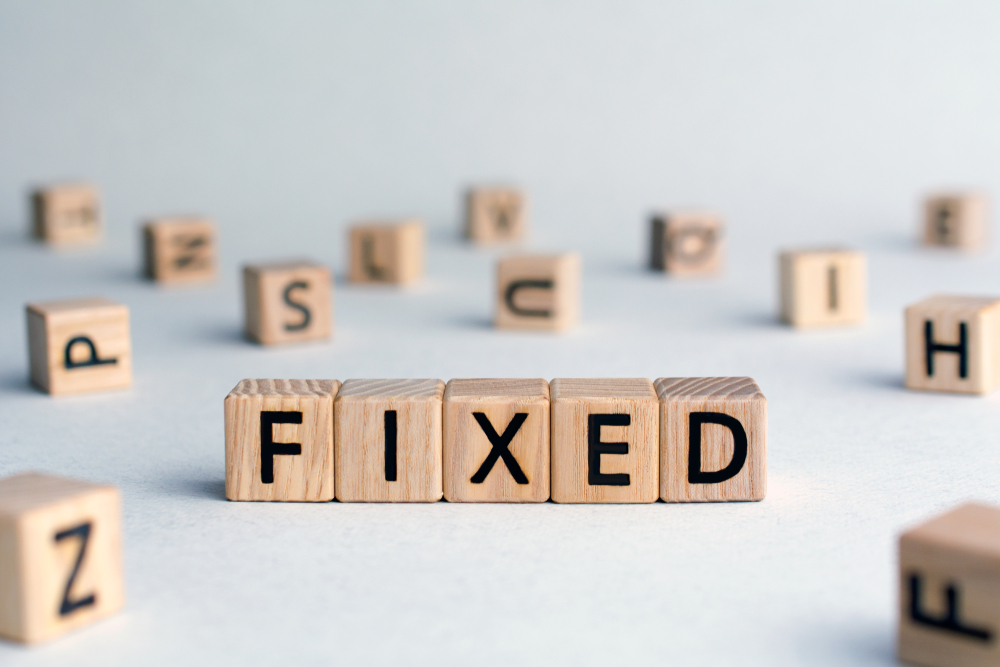With mortgage rates changing on a nearly daily basis, it is more important than ever to make sure that you are choosing the right mortgage. One of the key decisions you will face is whether to opt for a fixed-rate mortgage and, if so, for how long. In this blog post, we will explore the factors you need to consider when deciding how long to fix your mortgage rate. It also covers the advantages and disadvantages of locking into a fixed rate, helping you make a well-informed choice that suits your financial goals.
What is a fixed-rate mortgage?
A fixed-rate mortgage offers a stable interest rate for a predetermined period, typically ranging from 2 to 10 years or even longer. During this fixed term, your interest rate and monthly payments remain constant, providing financial predictability.
What Are The Advantages of Locking into a Fixed Rate?
There are some advantages of locking your mortgage into a fixed rate for a pre-determined amount of time:
1. Stability In Your Budget: As the monthly mortgage payment of a fixed-rate mortgage stays the same month to month it makes budgeting easier.
2. Peace of Mind and Protection from Rate Increases: Fixed rates offer peace of mind, as you won’t be affected by economic uncertainties or changes in the Bank of England Base Rate. Regardless of market fluctuations, your interest rate remains the same, protecting you from rising interest rates.
What Are The Disadvantages of Fixed Rate Mortgages?
1. Potentially Higher Initial Rates: As rates change there may come a point where you end up being on a higher interest rate than what is available on the open market.
2. Penalties for Early Repayment: If at any point during the fixed period you decide you want to settle the mortgage or change to another lender for a more favourable rate then you may have penalties to do this.
Factors to Consider When Deciding How Long to Fix:
1. Your Financial Goals: Consider your long-term financial goals. Are you planning to move in a few years, or do you intend to stay in your home for an extended period? Are you looking to decrease the balance of the mortgage substantially soon, or are you looking to pay the mortgage off in full?
2. Risk Tolerance: Assess your risk tolerance. Are you comfortable with the possibility of variable rates and potential payment fluctuations, or do you prefer the security of fixed payments?
3. Penalty Considerations: If you think you may need to repay the mortgage early, carefully review the terms of the fixed-rate mortgage for any penalties.
The decision of how long to fix your mortgage rate is a crucial one that depends on your financial circumstances and goals. Fixed-rate mortgages offer stability and protection from rising interest rates, but they come with some trade-offs. By carefully considering your objectives, the current market conditions, and your risk tolerance, you can make an informed choice that aligns with your financial future.
If you want to look into what options you have for fixed-rate mortgages contact us today for expert advice to make the right choice for your financial journey.
